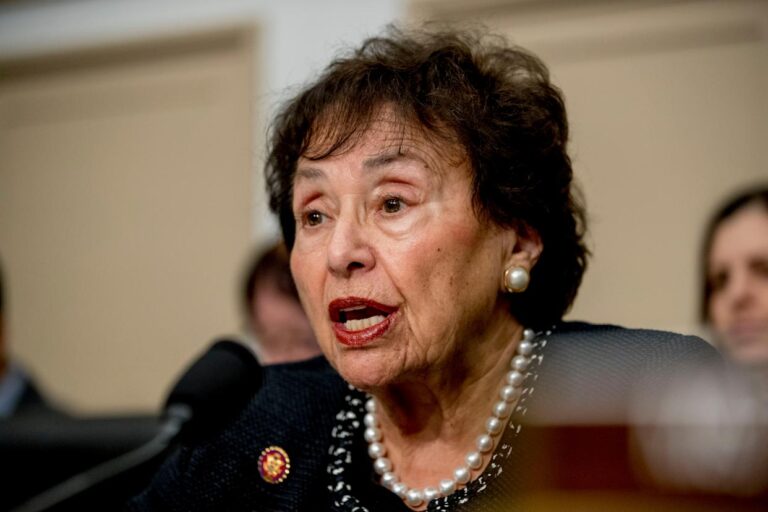
Political tensions have escalated in Maine after a heated exchange between Governor Janet Mills and former President Donald Trump, highlighting deep divisions within the state’s political landscape. The confrontation, which took place during Trump’s recent visit to Maine, has sparked intense debate among residents, with emotions running high on both sides of the political spectrum.
The dispute began when Trump criticized Mills’ policies, particularly her handling of economic recovery and pandemic response, accusing her of failing the state’s working-class population. Mills responded forcefully, rejecting Trump’s claims and arguing that his administration’s actions had harmed Maine’s economy more than helped it. The back-and-forth quickly gained national attention, fueling discussions about Maine’s role in the upcoming election.
Supporters of Trump have rallied behind his remarks, praising his commitment to reviving Maine’s struggling industries and pushing back against what they see as overreach by the state government. They argue that Mills’ leadership has led to higher taxes, increased regulations, and slow economic growth. On the other hand, Mills’ supporters see Trump’s attacks as political posturing, designed to inflame his base rather than address real policy issues. They point to Maine’s recovery efforts and job growth under her administration as evidence that her leadership is effective.
The clash has also reignited debates over key issues such as healthcare, energy policy, and federal aid. Trump’s supporters argue that Mills has not done enough to address the rising costs of living, particularly in rural areas, while her allies contend that her policies have strengthened social programs and provided stability for vulnerable communities.
Beyond policy differences, the confrontation has underscored the deepening partisan divide in Maine. The state, which has a history of split electoral votes, remains a battleground in national politics. Some political analysts believe that Trump’s visit was strategically aimed at energizing conservative voters in Maine’s more rural districts, while others see Mills’ defiance as a move to solidify her standing among moderates and progressives.
Local residents have expressed mixed reactions to the escalating rhetoric. While some view the debate as a necessary discussion about Maine’s future, others worry that the growing political hostility will further polarize the state. Community leaders have called for a more constructive dialogue, emphasizing the need for bipartisan solutions rather than political grandstanding.
As the election season intensifies, Maine’s political landscape will continue to be shaped by these high-profile clashes. Whether the confrontation between Mills and Trump will have a lasting impact on voter sentiment remains to be seen, but one thing is certain: the political stakes in Maine have never been higher.
OPEN This➤➤ 𝗪𝘄𝘄.𝗝𝗼𝗯𝘀𝟳𝟬.𝗰𝗼𝗺



